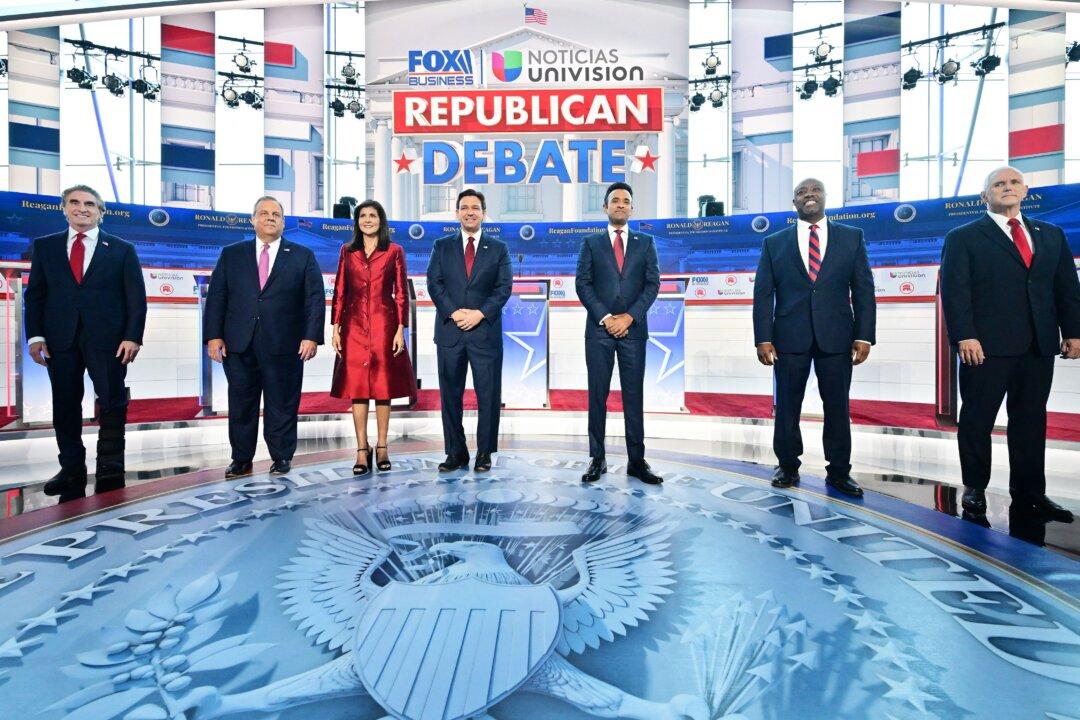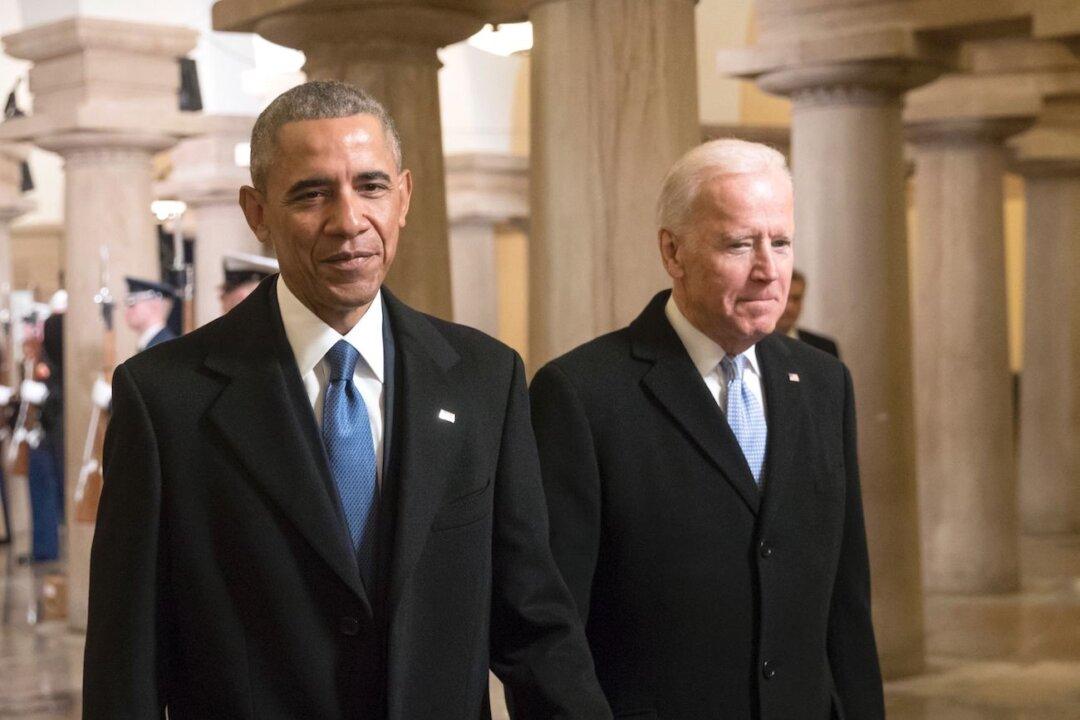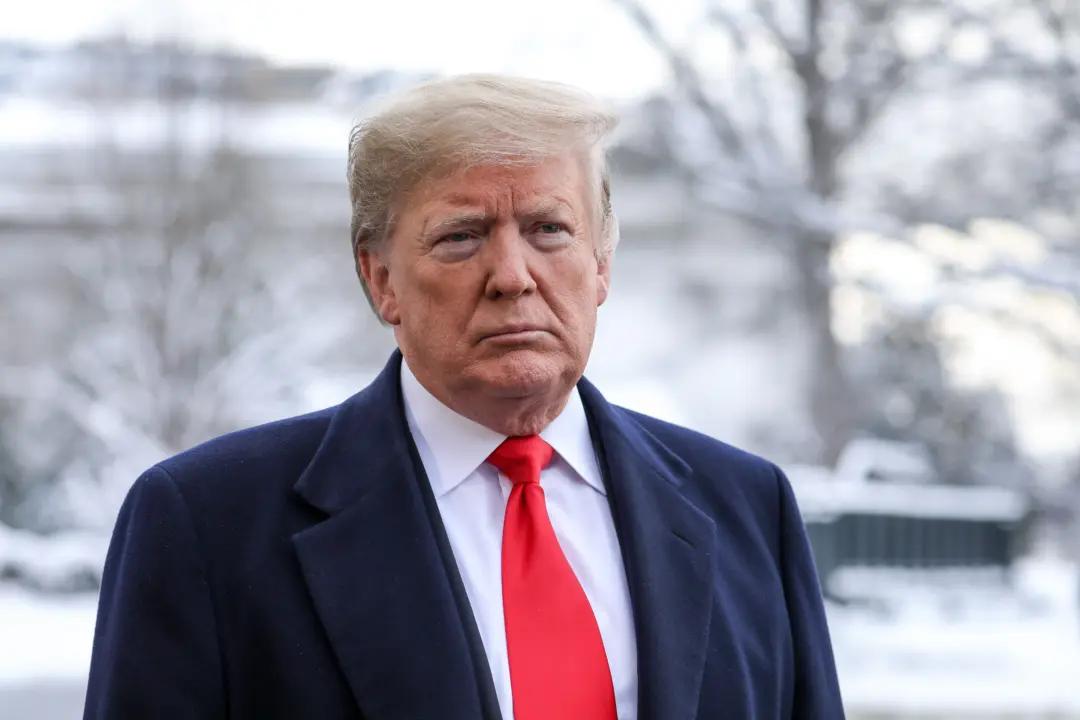Wednesday’s second Republican presidential primary debate bore a striking similarity to the first debate one month earlier. Post-debate polls and focus groups indicated Florida Gov. Ron DeSantis won (albeit in less than knockout fashion), former U.S. Ambassador to the United Nations and South Carolina Gov. Nikki Haley and smarmy “entrepreneur” Vivek Ramaswamy delivered polarizing performances that one either loved or hated, substance and policy took a back seat to internecine squabbling, irrelevant candidates who shouldn’t be near the stage hogged up far too much microphone time, moderators did a poor job of crowd control and question selection, and viewers were left wondering whether any of this actually matters while front-runner Donald Trump refuses to show up.

(L–R) North Dakota Gov. Doug Burgum, former New Jersey Gov. Chris Christie, former South Carolina Gov. and U.N. ambassador Nikki Haley, Florida Gov. Ron DeSantis, entrepreneur Vivek Ramaswamy, Sen. Tim Scott (R-S.C.), and former Vice President Mike Pence attend the second Republican presidential primary debate at the Ronald Reagan Presidential Library in Simi Valley, Calif., on Sept. 27, 2023. Frederic J. Brown/AFP via Getty Images
Commentary
Josh Hammer is opinion editor of Newsweek, a research fellow with the Edmund Burke Foundation, counsel and policy advisor for the Internet Accountability Project, a syndicated columnist through Creators, and a contributing editor for Anchoring Truths. A frequent pundit and essayist on political, legal, and cultural issues, Hammer is a constitutional attorney by training. He hosts “The Josh Hammer Show,” a Newsweek podcast, and co-hosts the Edmund Burke Foundation's “NatCon Squad” podcast. Hammer is a college campus speaker through Intercollegiate Studies Institute and Young America's Foundation, as well as a law school campus speaker through the Federalist Society. Prior to Newsweek and The Daily Wire, where he was an editor, Hammer worked at a large law firm and clerked for a judge on the U.S. Court of Appeals for the Fifth Circuit. Hammer has also served as a John Marshall Fellow with the Claremont Institute and a fellow with the James Wilson Institute. Hammer graduated from Duke University, where he majored in economics, and from the University of Chicago Law School. He lives in Florida, but remains an active member of the State Bar of Texas.
Author’s Selected Articles




